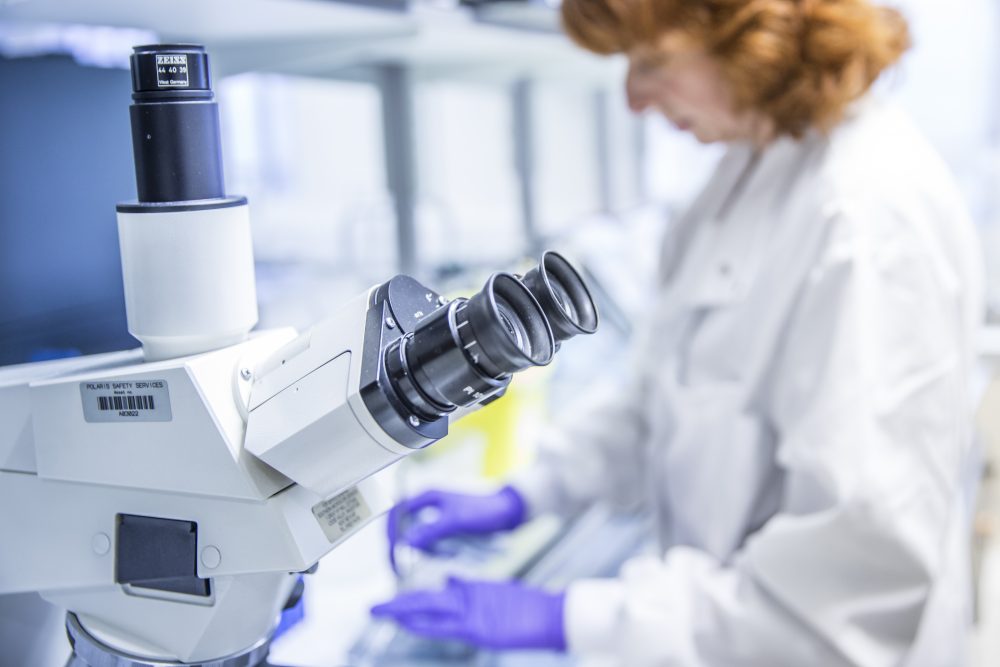Research estimates that up to 10,000 people may be living with PSP & CBD in the UK
Initial findings from the PROSPECT study have revealed there could be up to 10,000 people living with Progressive Supranuclear Palsy (PSP) and CorticoBasal Degeneration (CBD) in the UK at one time, twice as many as previously thought.
The PROSPECT study is a research programme, funded by PSPA, which uses MRI scanning, blood and cerebrospinal fluid samples, genetics, and clinical assessments to find ways of tracking disease progression and improving diagnosis.
Baseline data from the first five years of the PROSPECT study has shown that 50% of people living with PSP had a delayed diagnosis because they initially presented with symptoms similar to other neurodegenerative conditions such as Parkinson’s disease and frontotemporal dementia.
The study, led by Prof Huw Morris and Dr Edwin Jabbari from UCL, found that the different forms of PSP & CBD had distinct patterns of clinical, cognitive, MRI and blood protein results that can be used to improve early and accurate diagnosis in the clinic. Alongside UCL, the study represents a UK-wide collaborative effort with data also collected and analysed in Cambridge (Prof James Rowe), Oxford (Prof Michele Hu), Newcastle (Prof Nicola Pavese and Prof David Burn), Brighton (Prof Nigel Leigh), Newport (Dr Alistair Church) and Manchester (Dr Chris Kobylecki and Dr Alex Gerhard).
Now baselining of the initial data collection has been completed, the study is entering into the second phase which will provide one year follow up data on disease progression in participants.
Dr Wendy Edwards, Research Manager at PSPA, said:
“The initial results of the PROSPECT study provide an exciting development in our fight against PSP & CBD. PSP & CBD are regularly misdiagnosed with other neurodegenerative conditions such as Parkinson’s and Alzheimer’s due to the lack of specialist knowledge about these rare diseases. These latest ground breaking findings give PSPA the ammunition we need to campaign for increased awareness, better diagnosis and improved care for those living with PSP & CBD”.
As the study continues Prof Morris and his team of researchers hope to discover biomarkers and diagnostic tools which will enable better outcomes for people with PSP & CBD in the future.
Prof Huw Morris said:
“With the support of patients, carers and PSPA we have completed the primary stage of the PSP – PROPSECT study. Surprisingly, recently described rarer presentations of PSP are as frequent as the classical form of PSP, indicating that the disease may be twice as common as previously thought. We hope that this improved understanding of the disease spectrum will lead to better, earlier diagnosis and ultimately to better treatments”





